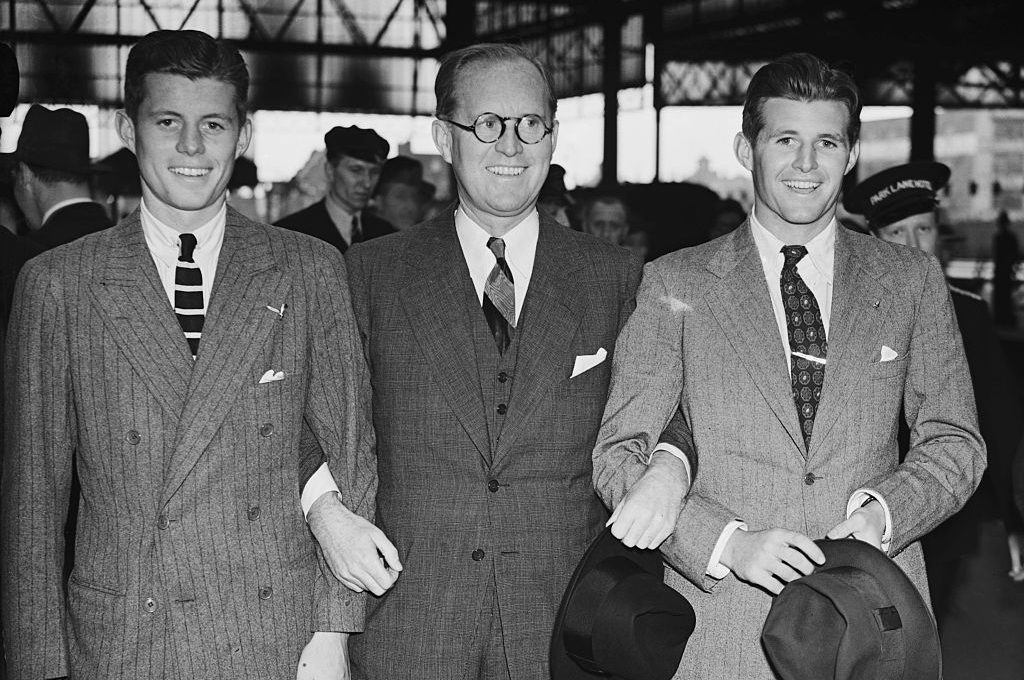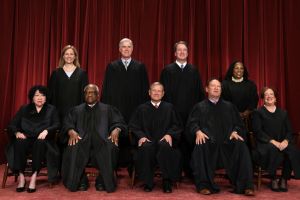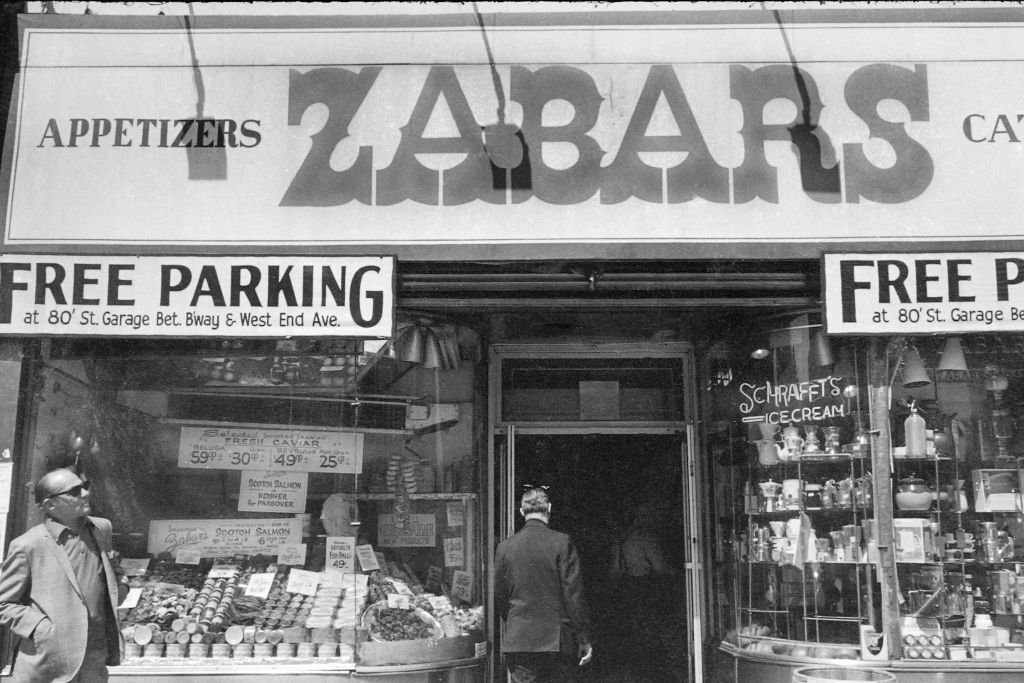Batavia, New York
Election Day in New York just ain’t the same anymore, thanks to nepo numbskulls George W. Bush and Andrew Cuomo. Though I always vote for longshots and losers, radicals and reactionaries, I have such happy memories of early November Tuesdays. Mr. Milward, dressed as Uncle Sam, would tour the polling places of my hometown, benign and reassuring in a way that his model — the autocratic “I Want You!” martinet — was not.
When I was a tyke, I trailed my mother as she cast a 1964 ballot for LBJ. The gray-haired election inspectors panicked — “There’s a child in the voting booth!” — but my violation of polling-place etiquette paled in comparison to Landslide Lyndon’s stolen US Senate election of 1948.
Mom cast that vote on a mechanical lever machine, which was invented in 1889 by a Rochesterian named Jacob Myers. The enclosure felt a little like a confessional. You’d enter the voting sanctum, draw the curtain and push down little levers for your favored candidates. When you were finished, you’d yank another lever that registered your vote and opened the curtain.
When the polls closed at 9 p.m., election inspectors read the vote count. I suppose they could’ve colluded in reporting the wrong totals, but any fraud would be on a very minor, machine-by-machine level. Next to paper ballots, the mechanical lever machine was our most trustworthy method of tallying votes.
Its disappearance can be traced to the presidential election of 2000, in which the horribly designed “butterfly ballot” of Palm Beach County, Florida, probably cost Al Gore Florida’s electoral votes and the presidency.
Thanks to Palm Beach County supervisor of elections Theresa LePore, we got Dick Cheney, the Iraq War, No Child Left Behind, the collected works of Jenna Bush Hager and the Help America Vote Act of 2002.
Heckuva job, Madame Butterfly!
HAVA was based on the modern American principle that all problems, no matter how localized or isolated, demand one-size-fits-all solutions. Because the senescent old bags of Palm Beach couldn’t figure out the ballot, Congress passed and Bush signed the act, which effectively banned mechanical lever machines (which were not used in Palm Beach anyway) in favor of optical scanners and direct register electronic machines.
Yes, the big lugs broke down occasionally, and parts were hard to replace, but as the New York attorney general protested, New Yorkers believed their “22,000 old-fashioned lever machines user-friendly and hard to defraud. They do not rely on paper, electricity or computer programmers, [and] at 950 pounds each, cannot be stolen readily.”
New York was the last state to resist this nationalizing tyranny, but eventually the governing class gave in. The disability lobby did much of the heavy lifting, preposterously claiming that the lever machines disadvantaged the “more than 2 million voting-age New Yorkers with disabilities.” (Two million? No wonder I can never find a parking space.)
And so the satisfying click of a metal lever was replaced by magic markers filling in circles on transparency sheets of the sort that teachers once used to show Venn diagrams on overhead projectors.
Whatever vestigial pleasure I took in casting my meaningless vote was snuffed for good by another Fortunate Son, Governor Andrew Cuomo. As a parting gift to New Yorkers, Handsy Andy forced through a “reform” package that made it almost impossible for third parties or independent candidates to appear on New York ballots. Signature requirements were tripled, which is why the Greens and Libertarians will be absent from our ballots this year.
I have voted for third-party candidates in every presidential election since my first in 1980, but today’s New York is about as open to electoral dissent as North Korea. We get two choices — and if the Democrats had their way we’d have had one this year.
To hell with ’em.
Since democracy is dead in New York, I write in dead persons. This year Buffalo’s Grover Cleveland gets my vote for president.
In the US Senate race, I’m going with Dorothy Day, saintly founder of the Catholic Worker movement, and for Congress I will vote happily for my late friend Barber B. Conable Jr., who nobly represented us for ten terms. In the spirit of Mother Jones, the magnificent American labor radical who scorned professional-class busybodies, I will vote against the social-engineering New York equal rights amendment.
It’s sad to think I may never again pull a lever — or smear a magic marker — for a living human being for national or statewide office, but that’s the way the cookie — along with our democracy — crumbles.
This article was originally published in The Spectator’s November 2024 World edition.


























Leave a Reply